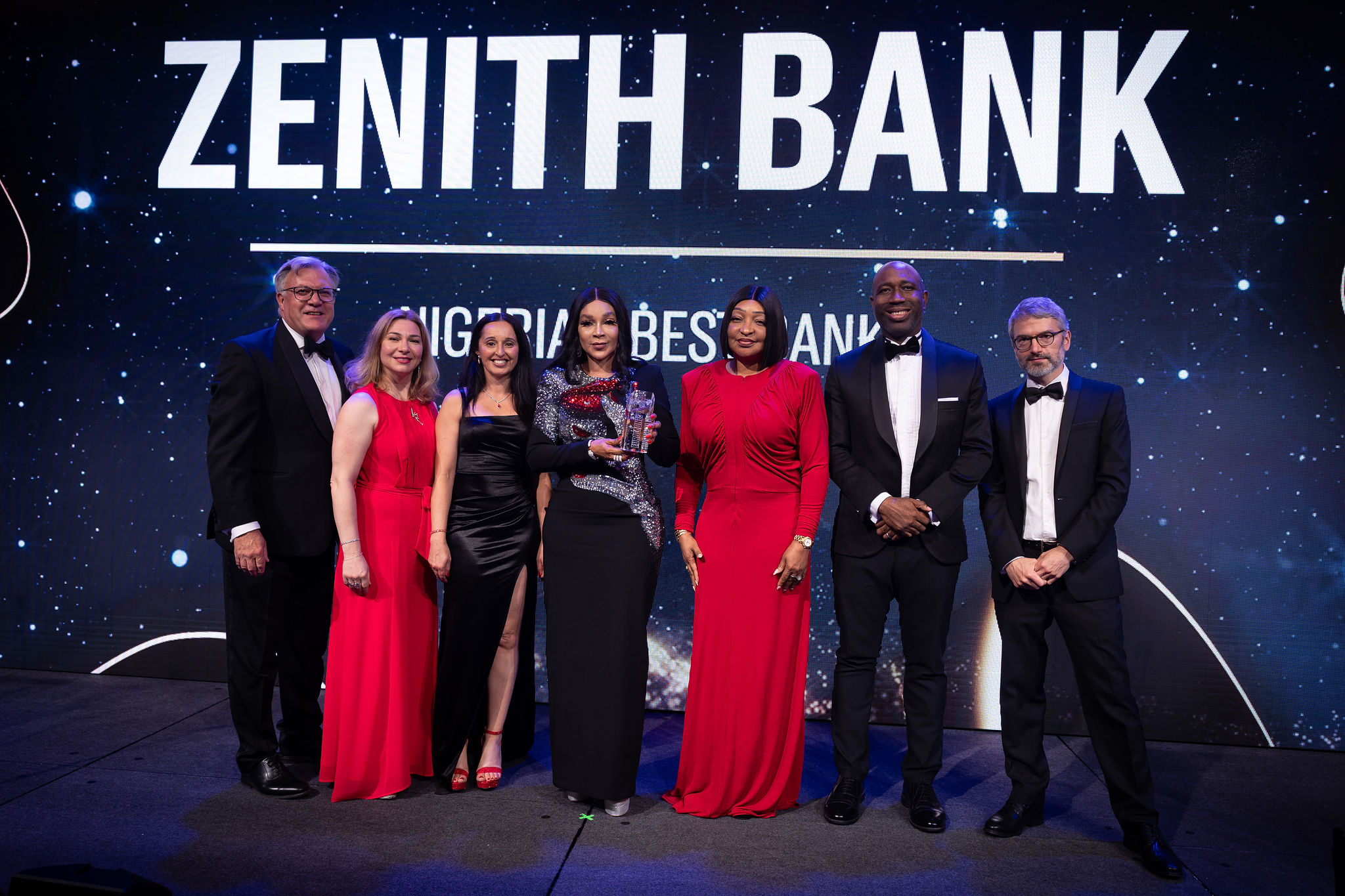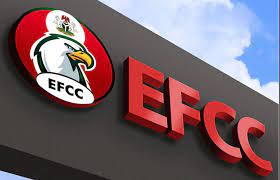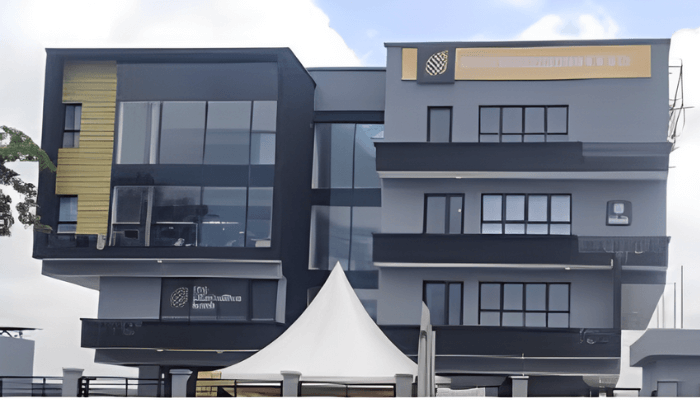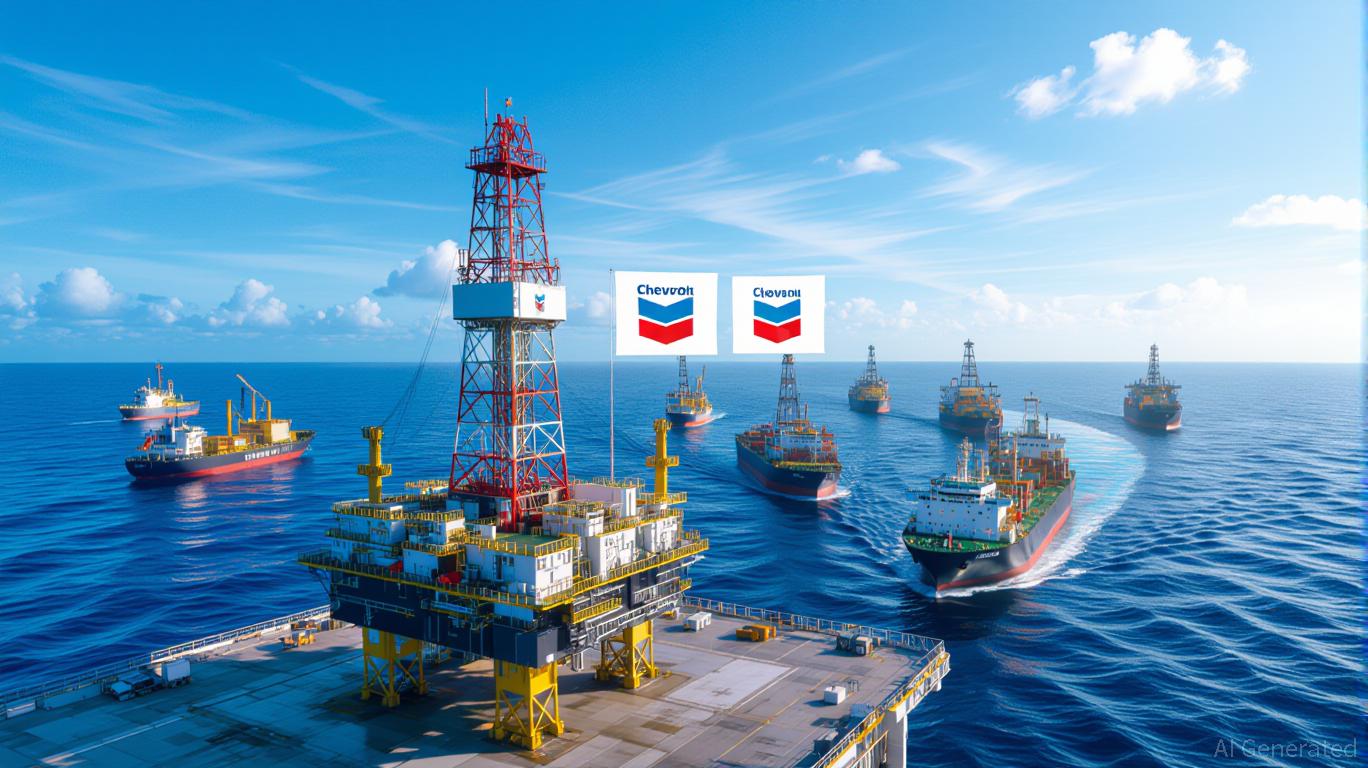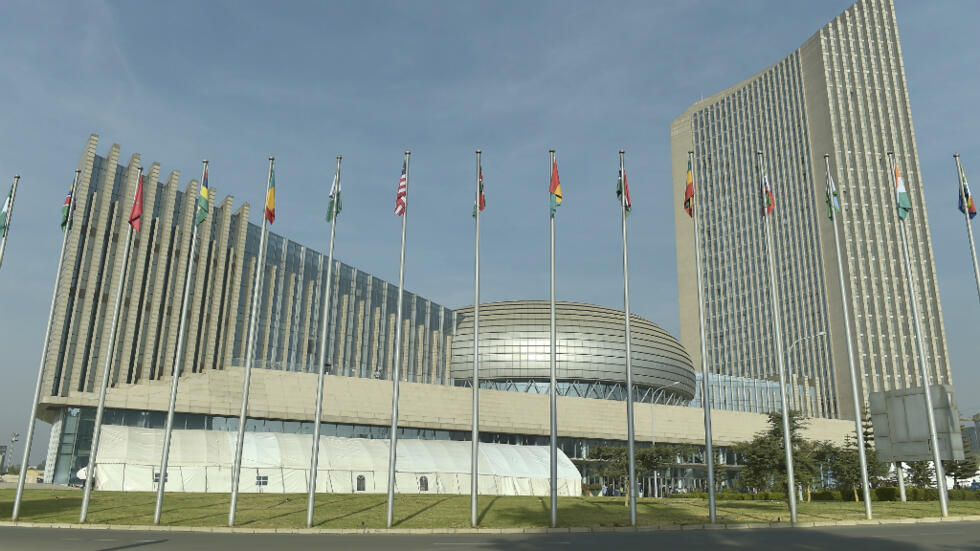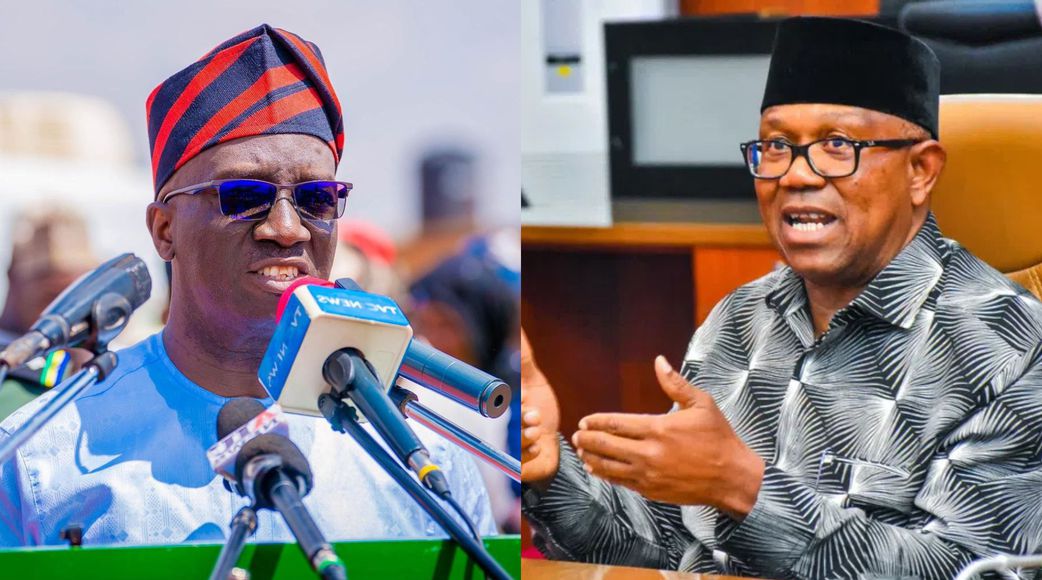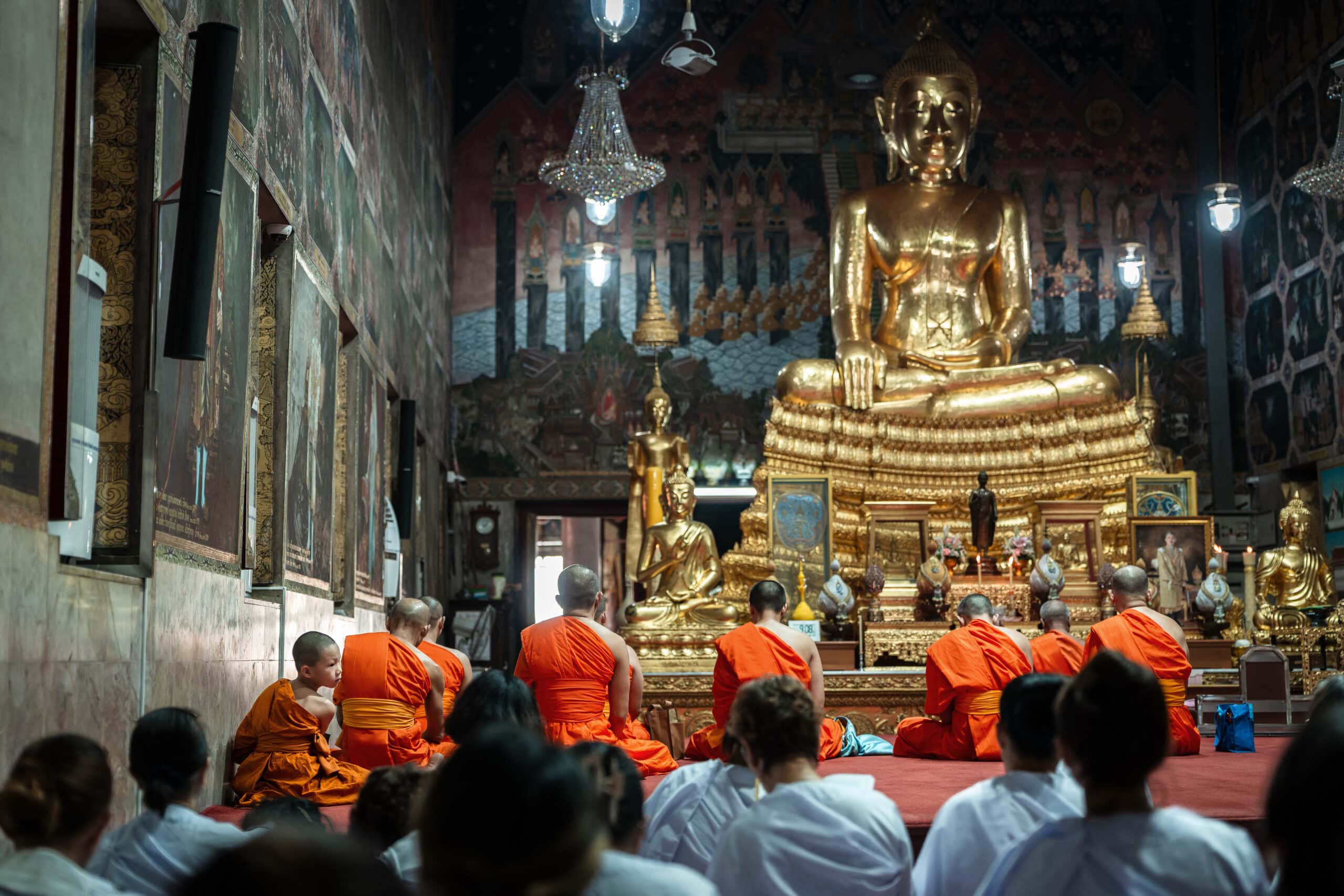This week, African leaders are gathering in China’s capital, Beijing, with hopes of securing funding for large-scale infrastructure projects as they navigate the growing competition between global powers vying for resources and influence on the continent. Over the past decade, China has deepened its ties with African nations, providing billions in loans that have fueled infrastructure development, though these investments have sometimes sparked controversy due to the heavy debt burdens they impose.
China has deployed hundreds of thousands of workers to Africa to construct its megaprojects, while simultaneously tapping into the continent’s abundant natural resources, including copper, gold, lithium, and rare earth minerals. Beijing has announced that this week’s China-Africa Forum will be its largest diplomatic event since the COVID-19 pandemic, with leaders from South Africa, Nigeria, Kenya, and other nations confirmed to attend, alongside dozens of delegations.
As the world’s second-largest economy, China remains Africa’s biggest trading partner, with bilateral trade reaching $167.8 billion in the first half of this year, according to Chinese state media. Research from the Chinese Loans to Africa Database indicates that Beijing’s loans to African nations last year were the highest in five years, with Angola, Ethiopia, Egypt, Nigeria, and Kenya being the top borrowers.
However, analysts note that China’s economic slowdown has made Beijing increasingly cautious about committing large sums of money. Additionally, China has resisted offering debt relief, even as some African nations struggle to repay their loans, forcing them to cut spending on essential public services.
“The world has seen significant changes since the last China-Africa Forum six years ago, including COVID-19, geopolitical tensions, and now economic challenges,” Tang Xiaoyang of Beijing’s Tsinghua University told AFP. He added that the “old model” of loans for “large infrastructure and rapid industrialization” is no longer sustainable.
Africa remains a key part of Beijing’s Belt and Road Initiative (BRI), a massive infrastructure project central to President Xi Jinping’s strategy to expand China’s influence globally. The BRI has channeled vital investment into African countries for projects such as railways, ports, and hydroelectric plants. However, critics accuse Beijing of burdening nations with unsustainable debt and funding environmentally harmful infrastructure projects.
One of the most contentious projects is a $5 billion railway in Kenya, financed by China’s Exim Bank, connecting the capital Nairobi with the port city of Mombasa. However, a second phase intended to extend the line to Uganda never materialized, as both countries struggled with their BRI-related debt. Last year, Kenya’s President William Ruto requested a $1 billion loan and the restructuring of existing debt from China to complete other stalled BRI projects. Kenya now owes China over $8 billion.
Recent protests in Kenya, sparked by the government’s need to service its debt to international creditors, including China, highlight the growing financial strain. Analysts like Alex Vines of Chatham House expect African leaders at this week’s forum to seek not only additional Chinese investment but also more favorable loan terms.
In central Africa, the competition between Western and Chinese firms for access to rare minerals is intensifying. The continent is rich in resources critical for renewable energy technology, including manganese, cobalt, nickel, and lithium. For instance, Gabon’s Moanda region holds about a quarter of the world’s known manganese reserves, while South Africa produces 37 percent of global output. The Democratic Republic of Congo dominates global cobalt mining, accounting for 70 percent of the total, though China leads in processing at 50 percent.
As geopolitical tensions between the United States and China escalate, Africa finds itself caught in the middle. Washington has warned against what it perceives as China’s malign influence, while Beijing insists it seeks “win-win” cooperation that promotes development and mutually beneficial trade.
“We do not just give aid; we are partners in development, benefiting alongside our African counterparts,” said Tsinghua University’s Tang. However, analysts warn that African nations may be forced to choose sides in the escalating rivalry between global powers. “African countries lack leverage against China,” said Eguegu from Development Reimagined. “Some believe they can use the US to balance China, but that’s not a viable strategy.”

